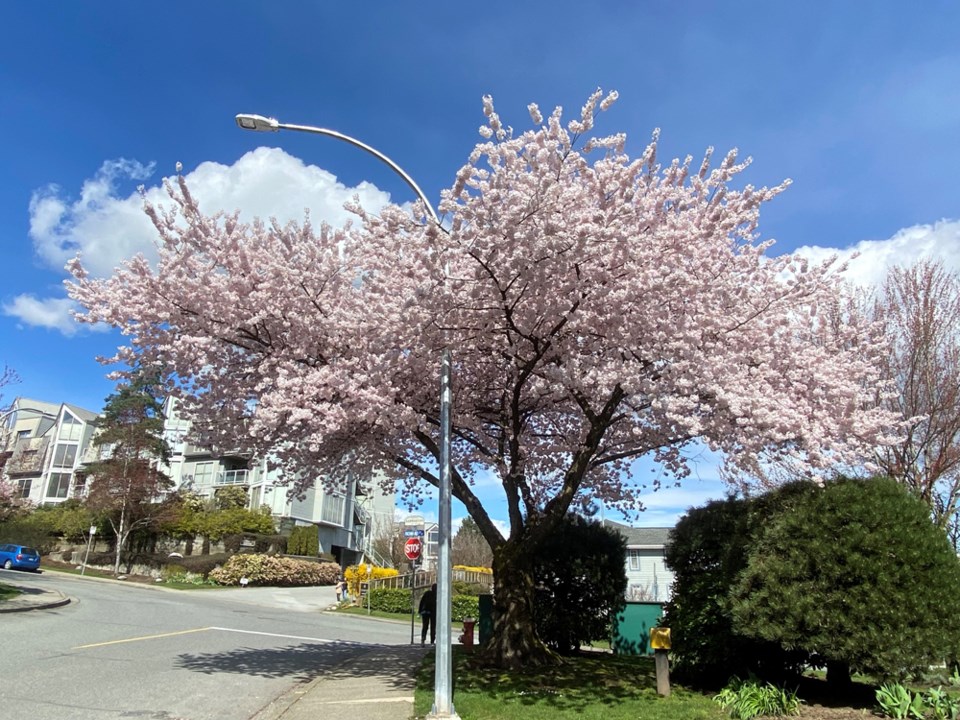Dear Editor,
With the onset of summer comes bittersweet memories.
While last summer, many of us were poolside enjoying time with friends and family, some 619 of our British Columbian neighbours perished due to extreme heat.
One way we can fight the climate crisis and protect our most vulnerable citizens is to rebuild our tree canopy. Instead of giving big businesses tax cuts or building more luxury living spaces, we should be doubling our efforts to plant more trees.
I have to think that, maybe, if rich people were dying instead of the elderly and poor, then our government would take more immediate action.
Planting trees — a natural biological process to sequester carbon — is one of the easiest, most inexpensive ways to limit global warming to 1.5º C.
However, natural carbon sequestration projects take time to reach carbon capture potential as ecosystems are slow to develop. Adapting to climate change means creating and investing in proactive plans that take advantage of opportunities and prepare for uncertainties.
Our urban forest plays essential environmental and social roles: it cleans the air, absorbs rainwater, provides bird habitat, cools the city and improves our health and well-being. I did a little research to determine if the City of Richmond had a well-thought-out plan to rebuild our tree canopy.
I was shocked to find the city’s goal was to increase tree coverage to 30 per cent by 2045 — about 10 years later than similar projects in Metro Vancouver.
Could this goal be any less ambitious? This is particularly alarming, considering that Richmond’s urban forest has declined from 15 to 11 per cent over the last few years due to home construction and property developments.
Many neighbourhoods are, literally, treeless. A subsidized tree planting program may encourage residents to plant a tree. All three levels of government could work together on this initiative.
Jack Trovato
RICHMOND



